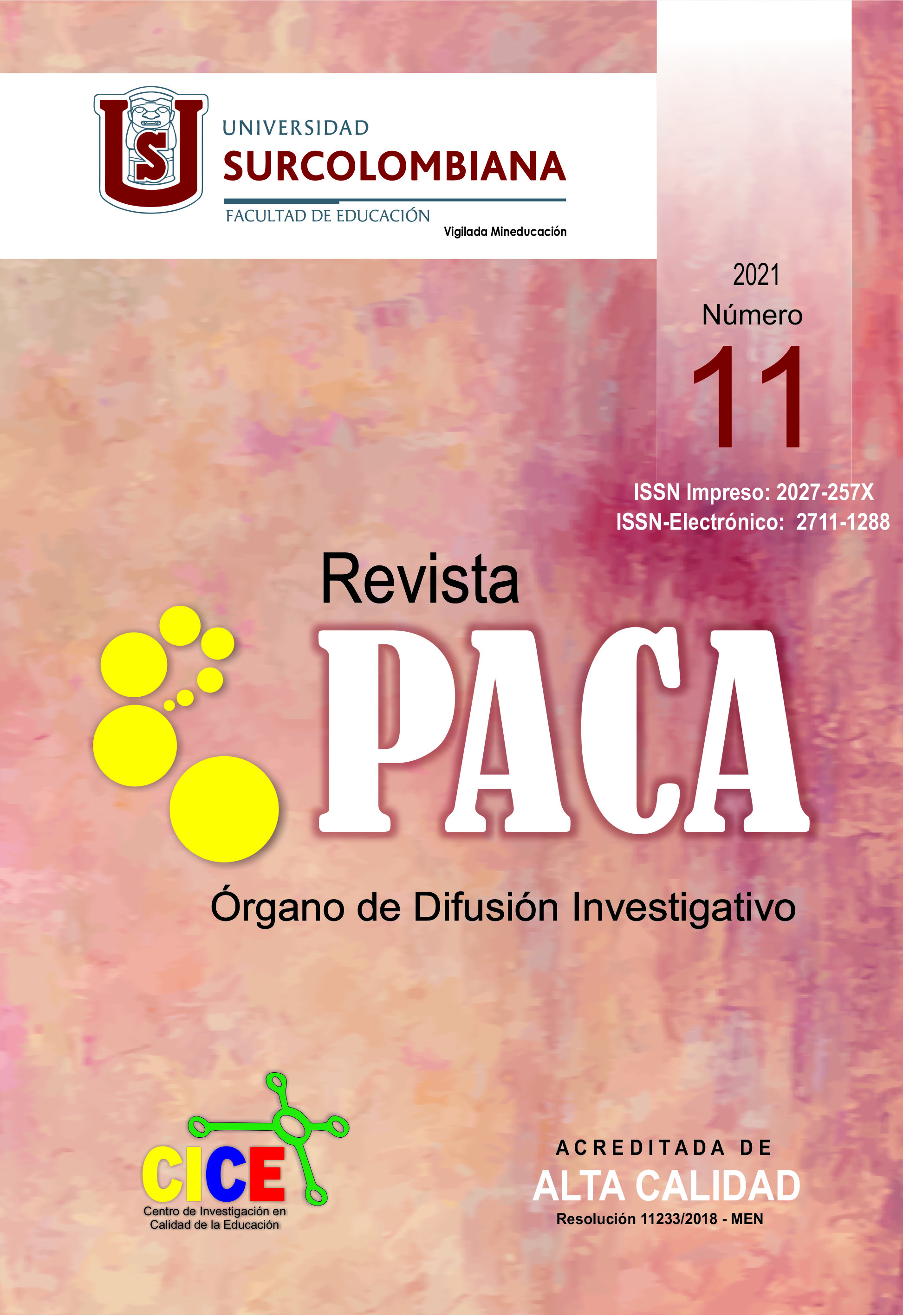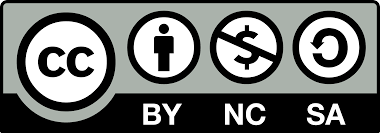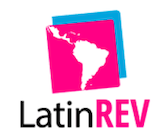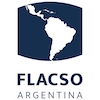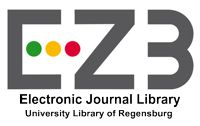Citizen training in the Psychology program of the National Open and Distance University, CEAD Ibagué
##plugins.themes.bootstrap3.article.main##
This article presents the assessment and contribution of the Psychology program of the UNAD, CEAD Ibagué, in relation to the citizen training of its students, through the analysis of the Solidarity Pedagogical Academic Project (PAPS) and Study Plan of the program of Psychology of the UNAD. Methodologically it is of mixed approach, with a descriptive scope from the case study. It was also established, focus audiences formed by the student community of the Psychology program of CEAD Ibagué, composed of a sample of 18 students who are doing their professional practices. Likewise, a group of five (5) teachers from the Psychology program of the CEAD Ibagué who participated in the training of the internship students and another group of five (5) graduates of the Psychology program of the CEAD Ibagué for the focus group. On the other hand, the instruments applied were: the documentary review, the survey and the focus group. The data is analyzed through the triangulation of information. Therefore, it was established that the significant assessment was expressed when there was a link in the discourse of teachers, students and graduates with the guidelines of the UNAD expressed in various documents such as the PAPS and the guidelines of the Psychology program, because in each one of these components of analysis took into account citizen training as a way to address and dimension social problems.
Downloads
##plugins.themes.bootstrap3.article.details##
Aristóteles. (2018). Ética a Nicómaco. Madrid: Centro de Estudios Políticos y Constitucionales.
Bellei, C. (Coordinador). (2013). Situación educativa de América Latina y el Caribe: Hacia la educación para todos 2015. Santiago. UNESCO.
Cortina, A. (2001) Ciudadanos del mundo. Hacia una teoría de la ciudadanía. Madrid: Alianza Editorial.
Delors, J. (1994). “Los cuatro pilares de la educación”. En: La Educación encierra un tesoro. México: UNESCO.
Farrés, O. (2010). El transfondo económico de la ciudadanía. En Camps, Victoria (coord.), Democracia sin ciudadanos. Madrid: Trotta.
Horrach, J. (2009). Sobre el concepto de ciudadanía: historia y modelos. En: Revista de Filosofía Factótum, 6, 2009.
Marshall, T. (1992). Ciudadanía y clase social. Madrid: Alianza.
Ministerio de Educación Nacional. (1994). Ley 115 de 1994 General de Educación: El Congreso de la República de Colombia. Recuperado de: https://www.mineducacion.gov.co/1621/articles-85906_archivo_pdf.pdf
Nussbaum, M. (2011). Sin fines de lucro. Por qué la democracia necesita de las humanidades. Madrid: Katz Editores.
Peña, J. (2001). La formación histórica de la idea moderna de ciudadanía. Ponencia presentada en el Seminario Historia y Naturaleza de la UNED, Madrid, España.
Peña, J. (2008). Nuevas perspectivas de la ciudadanía. En: Quesada, F. (coord.), Ciudad y ciudadanía Senderos contemporáneos de la filosofía política. Madrid: Ed. Trotta.
UNAD. (2011). Proyecto Académico Pedagógico Solidario (PAPS). Bogotá.
UNESCO. (2013). Educación para la ciudadanía mundial: una perspectiva emergente. Documento final de la consulta técnica sobre educación para la ciudadanía mundial.
UNESCO. (2013). Docentes para la ciudadanía mundial del siglo XXI. Recuperado de: http://www.unesco.org/new/es/education/resources/online-materials/single
UNESCO. (2014). Aprendizajes para el ejercicio de la ciudadanía. Apuntes Educación y Desarrollo Post-2015. Oficina de Santiago Oficina Regional de Educación para América Latina y el Caribe. Recuperado de: http://www.unesco.org/new/fileadmin/MULTIMEDIA/FIELD/Santiago/pdf/APUNTE07-ESP.pdf
Universidad Nacional Abierta y a Distancia. (2011). Proyecto académico pedagógico solidario (PAPS) versión 3.0. Bogotá D.C., Agosto 4 de 2011.


